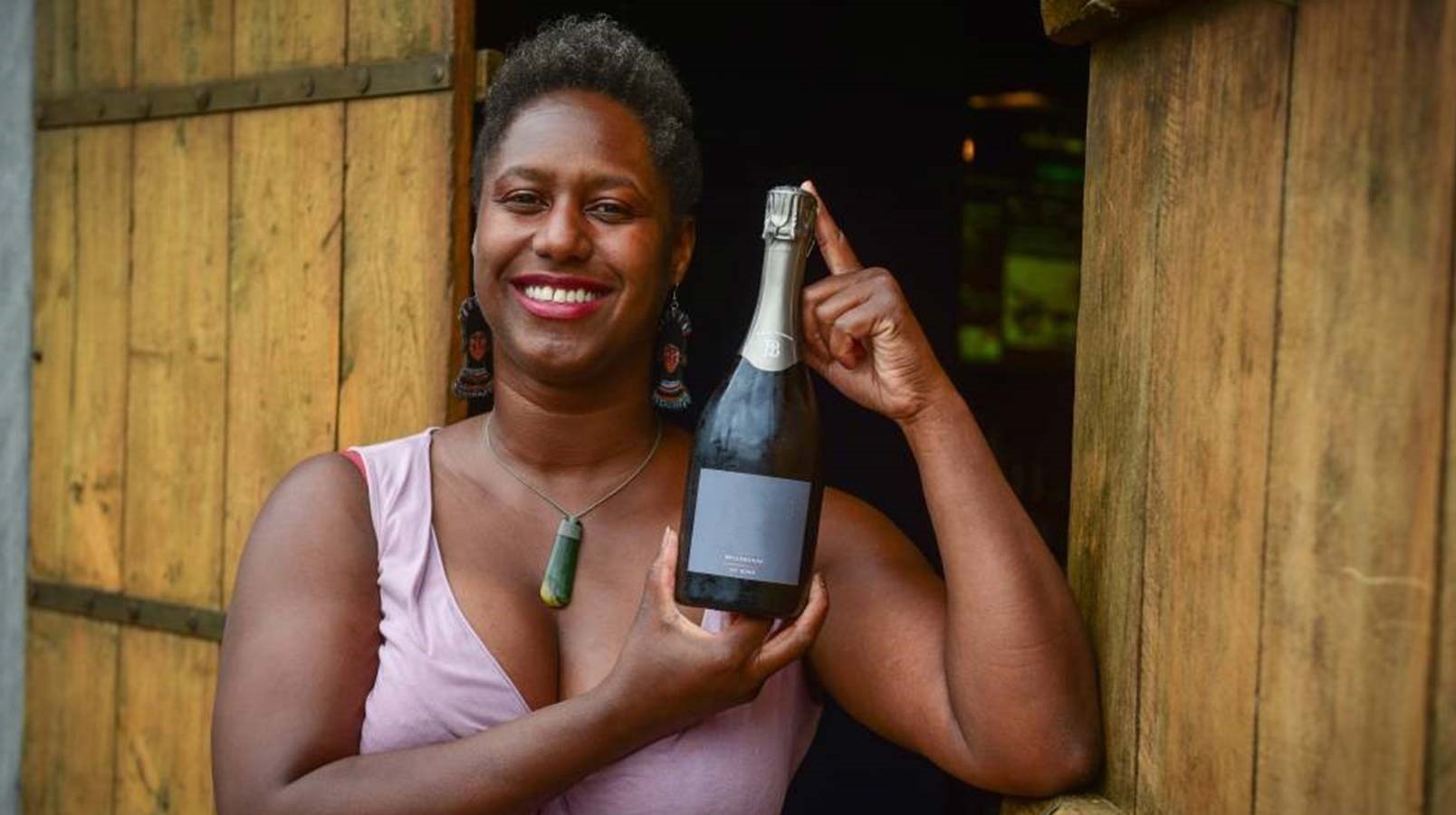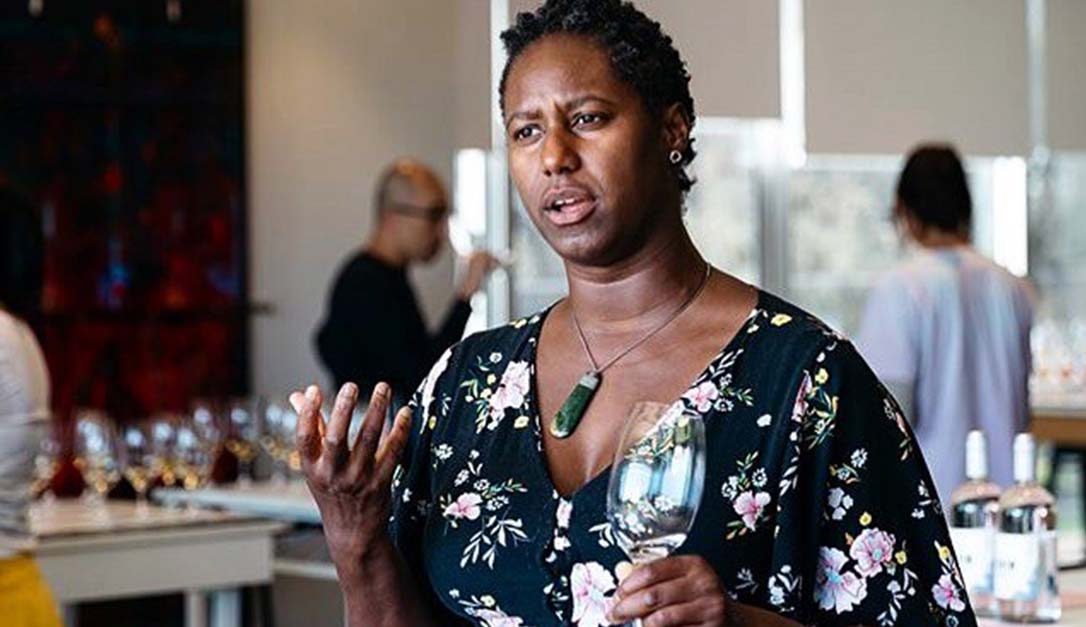We spoke to wine educator and writer, Tasmanian food and drink ambassador and a self-professed sparkling Goddess, Curly Haslam-Coates DipWSET. She told us about her career, travel, women in wine, and even some Tasmanian food and drink recommendations!
You have been in the wine industry for over 25 years, tell us a little about yourself and your career?
Hello, I’m Curly, I have been lucky enough to work with wine for the entirety of my adult life. I had the best beginning in Harrogate with a manager called Cal who would give us a tasting of wine with no judgement, just a “what do you think”. It has shaped how I look at wine as being an adventure and exploration rather than through awed reverence. Since then I worked in hospitality around the UK before moving to the Darlington branch of Majestic Wines, the first of many posts in my time there.
The first 15 years in your career were spent in the UK, where you studied for your WSET Level 3 Award in Wines and Level 4 Diploma in Wines. What impact have your WSET qualifications had on your career?
The WSET has had an enormous impact on my career, there’s no way that I would have met the people that I have met, moved to Australia, visited Chile or realised that learning as an adult can be such a different experience to learning as a teenager.
Why did you decide to relocate to Tasmania, Australia from the UK?
Because Tasmania/lutruwita is ridiculously perfect for me. The sparkling is some of the best in the world, the still wines are like nothing else this side of the world, it’s small, rural, friendly and exquisite in its beauty. Most importantly though, from the first moment that I arrived in Tasmania/lutruwita I knew that I was home.
If you would like to build more confidence in your profession head to our qualifications page to discover the course that's right for you.
As a finalist for the Australian 2020 Women in Wine awards last year, what do you think are the main barriers or challenges women have to face to succeed in the industry?
I think the barriers are a ridiculous tangle of either being not enough or too much. Women are put into so many ridiculous categories when men get to just go to work. As a woman you can be too thin, too pretty, too maternal, too feminine, too masculine, too big, too small, too smart, too capable, too adventurous, too open, too quiet, whatever it is, there is always the element of having to fight and justify the role that you have and the ones that you want.
Although you have many professional roles, including writer and Tasmanian food and drink ambassador, you have chosen to focus on education and inclusion right now. Do you think education can help challenge the issues of diversity and inclusion in the wine industry? If so, how?
Education is the opportunity to access more information about a subject. We all learn in different ways and everybody’s journey to learning and understanding is different. In Australia production is king and the rate of women graduating from winemaking isn’t dropping, however, the number of women in senior winemaking roles is still minimal.
In addition, if you don’t make wine or grow grapes, there is a lack of professional development and networking available, for both genders. This then reflects the lack of diversity even more because those who sell the wine, particularly in direct contact with the consumer and are excluded from the profession. This is likely where you would find more women and more people of various ethnicities and sexualities.
If you don’t want to sell more wine, keep ignoring people, not training people, and excluding all of the people along the pathway from the grapes to glass.
The WSET has had an enormous impact on my career, there’s no way that I would have met the people that I have met, moved to Australia, visited Chile or realised that learning as an adult can be such a different experience to learning as a teenager.
As a Tasmanian food and drink ambassador, do you have any local wine and food recommendations for us?
Ask a local, buy direct from the farmers and wherever the farmer would shop and then relaaaaaax. Tassie time is a little bit different, we don’t have entertainment complexes, we have the outdoors.
Be adventurous and try things beyond the expected, we have incredible bubbles and oysters, pinot noir and lamb but go further and try our truffles, avocados, pomegranate, cabernet sauvignon, syrah, mushrooms, wasabi, wallaby and multi-coloured tomatoes.
A lot of the accommodation here is self-catering, which is why. Spend your days exploring and scooping up deliciousness that you can cook in the evening.
If you're inspired to take your wine knowledge to the next level, sign up for a class today! Visit our Where to Study page to find the right course provider for you.
Related content:



